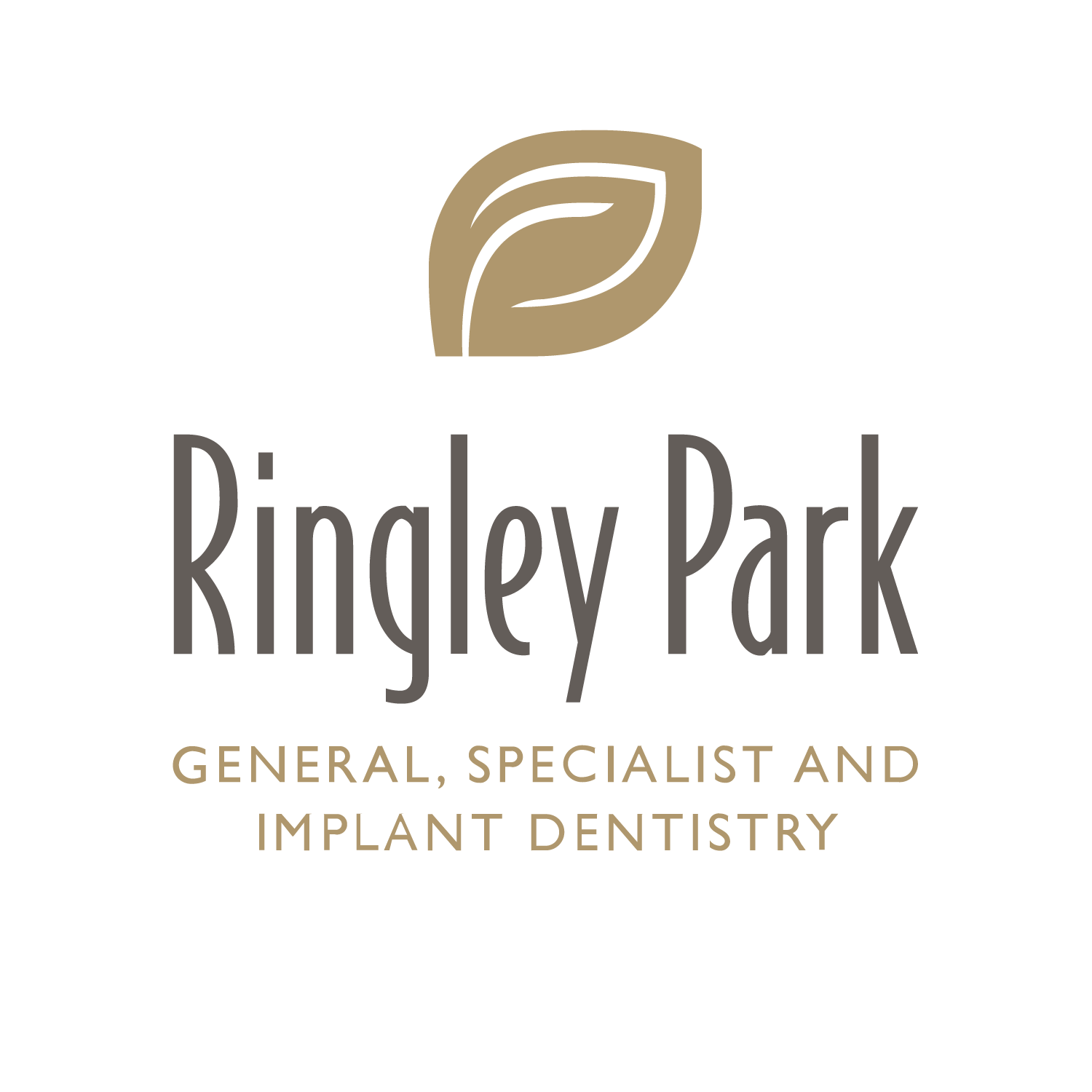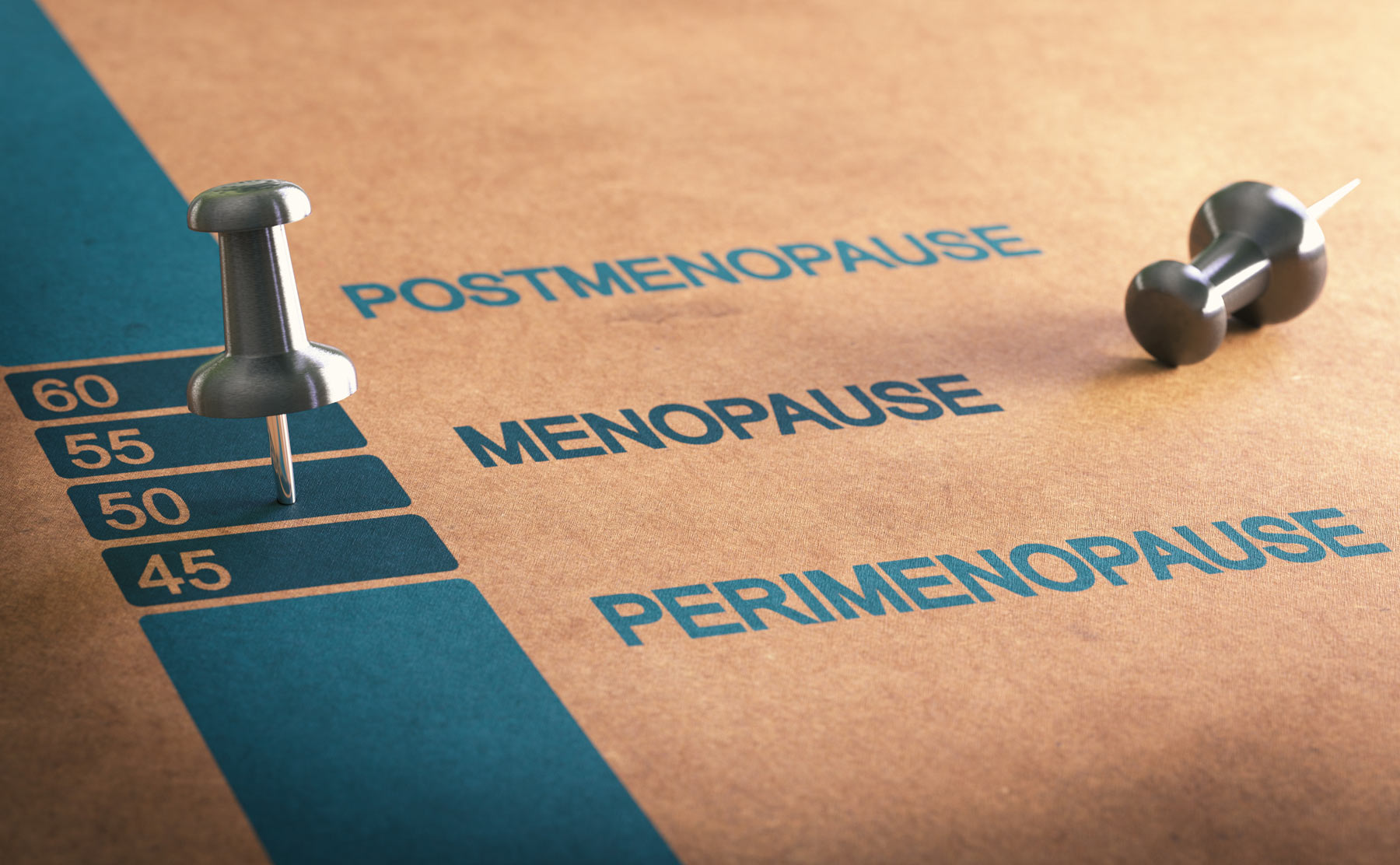The menopause affects bodies in lots of different ways. While hot flushes and night sweats are the symptoms we hear about most, the oral health symptoms of the menopause are spoken about far less. In fact, a recent report from Delta Dental has found that 84% of women over 50 are not aware that the menopause impacts oral health, and 70% of the women they interviewed did not realise that the oral health issues they experienced were directly related to the menopause.
In this blog post, we’ll be detailing the exact ways that menopause impacts oral health, the science behind why it happens, and the key ways you can protect your teeth and gums from long-term damage.
Oral health symptoms of the menopause
There are all sorts of oral health symptoms that are directly linked to the menopause. These include:
- Dry mouth
- Inflamed gums
- Bleeding gums
- Mouth and gum tenderness
- Receding gums
- Tooth sensitivity and pain
- Tooth decay
- Burning tongue
- Gum disease
- Infections
- Bad breath
- Loose teeth
The Delta Dental report found that 79% of women over 50 have noticed a change in the appearance of their teeth and gums as they age, and 70% of women said they had noticed at least one of the oral health symptoms connected to the menopause. In fact, 1 in 3 reported experiencing a dry mouth and 1 in 3 also reported noticing their gumlines receding.
The science behind why the menopause impacts oral health
The main factor behind the many oral health symptoms of the menopause is declining oestrogen levels.
Firstly, declining oestrogen leads to loss of bone mass. This impacts the hips and spine, but also the jawbone. This decrease in jawbone density can lead to loose teeth and tooth loss.
Secondly, Delta Dental’s data has shown that dry mouth is a very commonplace symptom of the menopause. This directly impacts oral health as there is less saliva available to wash bacteria off our teeth and gums. When we don’t produce enough saliva, bacteria accumulates and increases our risk of gum disease and tooth decay. This could explain a number of symptoms that have been linked to menopause, including tooth sensitivity and pain, gum disease and bad breath.
How to protect your teeth and gums during the menopause
While the physiological effects of the menopause are unavoidable, there are ways to protect your teeth and gums against long-term damage – and it’s never too soon to start!
Despite 70% of women experiencing menopause-related oral health symptoms, only 38% say they have discussed their concerns with a healthcare provider and only 2% say they have mentioned it to their dentist! Your dentist and dental hygienist will be able to address your oral health concerns and offer personalised advice on how to best look after your teeth for long-term health.
In addition to keeping up with your regular check-ups and hygienist appointments, you can also protect your teeth and gums by quitting smoking, eating a healthy diet and keeping yourself hydrated.
Smoking is directly linked to gum disease, so quitting is critical to protect gums as much as possible during menopause. Eating less sugar and avoiding acidic foods will also limit the impact bacteria has in the mouth, helping to avoid decay.
To boost saliva levels, make sure you are drinking enough water, limit alcohol and caffeine consumption and try stimulating saliva production by chewing sugar-free gum.
While HRT is a popular option to combat declining oestrogen levels, there is currently little evidence to show that it has a positive impact on oral health.
If you would like some oral health advice or to schedule your next check-up or hygiene appointment, talk to one of our friendly team at 01737 240123 or book an appointment online.

